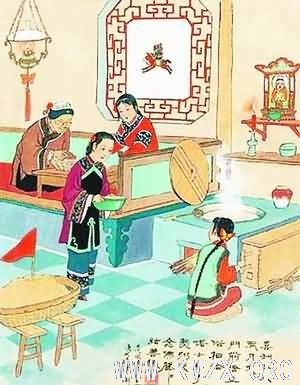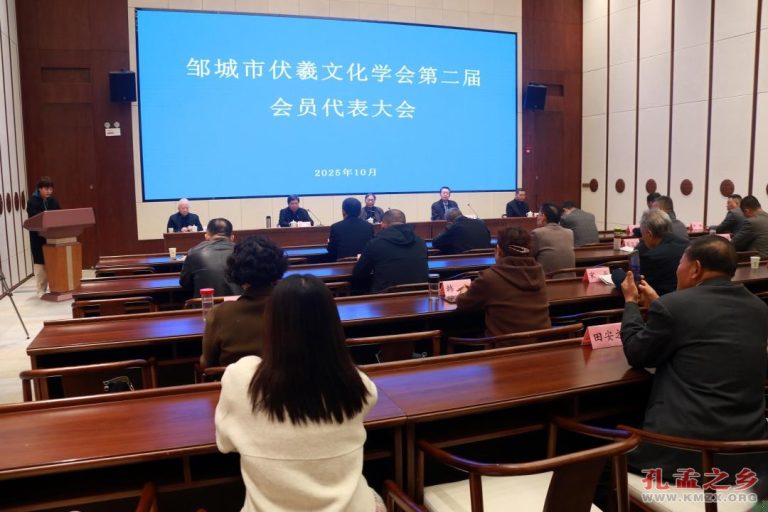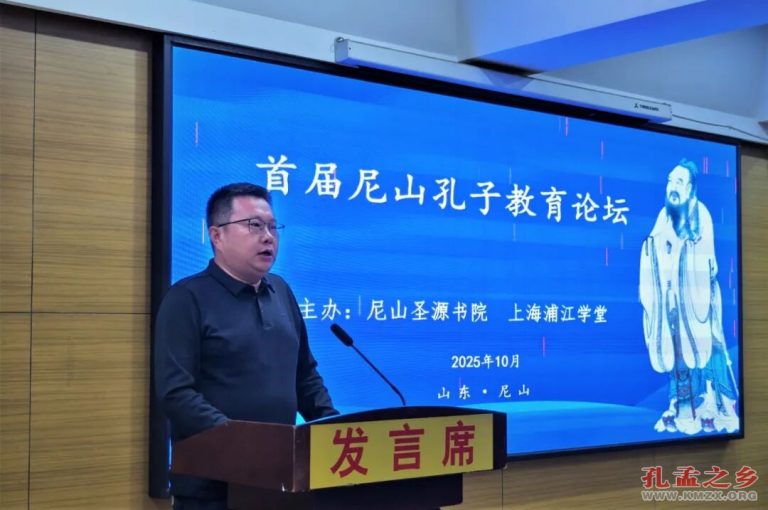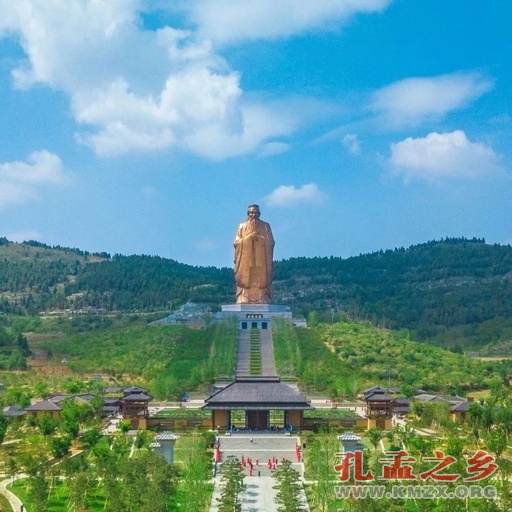
腊八节的由来有两个传说。一说佛祖释迦牟尼成佛前进山修行。十二月初八这天因饥饿劳累栽倒路旁, 被一牧羊女发现,用大米粥救活,使他大彻大悟.得道成佛。一说,明朝皇帝朱元璋小时给财主放牛,因牛腿摔断被财主关在一间屋子里,3天没给饭吃, 他饥饿难忍.到处搜寻.终于发现了一个老鼠洞,从中挖掘出豆、谷等各种粮食,煮成粥食用,觉得非常香甜。
Later, the emperor made the emperor, thinking a child eat porridge and that the taste of Dayton, he ordered his eunuchs to use a variety of food cooked up a pot of sugar porridge, feast courtiers, after North Korea Wenwubaiguan emulated and passed civil society, Sui Cheng A holiday customs. By Zhu Yuan sugar porridge eighth day of the days of the twelfth lunar month, so this porridge is also called “laba porridge”.
后来朱元璋做了皇帝,想起小时候吃那顿粥 的味道,就命太监用各种粮食煮了一锅糖粥,欢宴群臣,后朝中文武百官争相效仿并传入民间,遂成了一种节日习俗。因朱元璋吃糖粥的日子是腊月初八, 所以这粥也就叫”腊八粥”了。
“Laba” is a grand festival of Buddhism. Before the liberation around the temple for Buddha’s Birthday will be held prayers, and, like the Buddha into the Road, before the story of The Legend of chylous Munv Xian, with fragrant valley, fruit, etc. porridge worship Buddha, called “laba porridge.” Laba porridge and will be presented to the disciples and the believers, it would be in civil Xiangyan into the vulgar. Some monasteries in the twelfth lunar month is said to eighth day before the hand-held by the monks alms bowl, street alms, will be collected rice, chestnuts, dates, nuts and other ingredients laba porridge distributed to the poor.
“腊八”是佛教的盛大节日。解放以前各地佛寺作浴佛会,举行诵经,并效仿释迦牟尼成道前, 牧女献乳糜的传说故事,用香谷、果实等煮粥供佛,称“腊八粥”。并将腊八粥赠送给门徒及善男信女们,以后便在民间相沿成俗。据说有的寺院于腊 月初八以前由僧人手持钵盂,沿街化缘,将收集来的米、栗、枣、果仁等材料煮成腊八粥散发给穷人。
After eating legend could be the Buddha’s blessing, so poor, it is called the “Buddha congee.” Southern Song Dynasty, Lu You a poem that goes: “at the present Buddha congee is more relative to feed, and anti-sense Emura a new section of material.” Hangzhou temples temple is said to store leftovers within a “stack of rice floor,” usually every day the monks leftovers dried, plot a years of surplus grain to the lunar calendar laba porridge boiled eighth day he gave copies to his followers, known as “Fu-zhou” “Ford porridge,” which means that after eating you can Zengfu Zengshou. It is obvious that the monks cherish the virtues of food.
传说吃了以后可以得到佛祖的保佑,所以穷人把它叫做“佛粥”。南宋陆游诗云:“今朝佛粥更相馈,反觉江村节物新。”据说杭州名刹天宁寺内有储藏剩饭的“栈饭楼”平时寺僧每日把剩饭晒干, 积一年的余粮,到腊月初八煮成腊八粥分赠信徒,称为“福寿粥”“福德粥”意思是说吃了以后可以增福增寿。可见当时各寺僧爱惜粮食之美德。
腊八节
(the laba Rice Porridge Festival)
农历十二月初八(农历十二月被称为腊月),是我国汉族传统的腊八节,这天我国大多数地区都有吃腊八粥的习俗。腊八粥是用八种当年收获的新鲜粮食和瓜果煮成,一般都为甜味粥。而中原地区的许多农家却喜欢吃腊八咸粥,粥内除大米、小米、绿豆、 豇豆、小豆、花生、大枣等原料外,还要加肉丝、萝卜、白菜、粉条、海带、豆腐等。
腊八节又称腊日祭、腊八祭、王侯腊或佛成道日,原来古代欢庆丰收、感谢祖先和神灵(包括门神、户神、宅神、灶神、井神)的祭祀仪式,除祭祖敬神的活动外,人们还要逐疫。这项活动来源于古代的傩(古代驱鬼避疫的仪式)。史前时代的医疗方法之一即驱鬼治疾。作为巫术活动的腊月击鼓驱疫之俗,今在湖南新化等地区仍有留存。 后演化成纪念佛祖释伽牟尼成道的宗教节日。夏代称腊日为“嘉平”,商代为“清祀”,周代为“大蜡”;因在十二月举行,故称该月为腊月,称腊祭这一天为腊日。先秦的腊日在冬至后的第三个戌日,南北朝开始才固定在腊月初八。
《说文》载:“冬至后三戍日腊祭百神。”可见,冬至后第三个戍日曾是腊日。后由于佛教介入,腊日改在十二月初八,自此相沿成俗。
何故岁终之月称“腊”的含义有三:一曰“腊者,接也”,寓有新旧交替的意思(《隋书·礼仪志》记载);二曰“腊者同猎”,指田猎获取禽兽好祭祖祭神,“腊”从“肉”旁,就是用肉“冬祭”;三曰“腊者,逐疫迎春”,腊八节又谓之“佛成道节”,亦名“成道会”,实际上可以说是十二月初八为腊日之由来。据传,佛教创始人释迦牟尼修行深山,静坐六年,饿得骨瘦如柴,曾欲弃此苦,恰遇一牧羊女,送他乳糜,他食罢盘腿坐于菩提树下,于十二月初八之日悟道成佛,为了纪念而始兴“佛成道节”。中国信徒出自虔诚,遂与“腊日”融合,方成“腊八节”,并同样举行隆重的仪礼活动。




